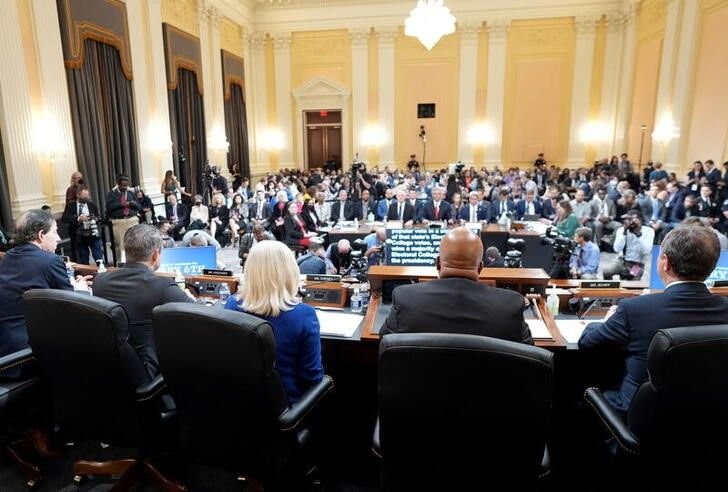July 14, 2022
Within minutes of each other yesterday morning, two New York Times alerts popped up on my phone announcing the collapse of the governments in Sri Lanka and then in Italy, joining the turmoil of governments worldwide. Questions of fascism, corruption, and violence in leadership have always loomed, but there’s another reckoning taking place globally: what will the people tolerate, what will the people choose, and who will the people decide to be?
The instability of our democracy here in the US is a constant presence. The January 6th hearings, to which I am regularly glued, are certainly a lesson in civics: if we don’t participate thoughtfully—and doggedly—in the work of maintaining a healthy society, we could lose it all. And yet, over and over again, another core lesson presents itself as even more fundamental: the psychological work of being a citizen through attending to our own beliefs, reactions, alliances, fanaticism, and feelings. When do our bodies tell us, “something isn’t right”? When do we feel frozen in our hopelessness? When do we know, in the silence, that we disagree with what’s unfolding? This isn’t just watching our “shadow,” a common Jungian talking point that I think can sometimes miss the mark. It’s also about attending to our buried griefs, or unacknowledged doubts, and even our unheard longings.
In each of the January 6th hearings, I am reminded that each one of us has the potential to act as either water or kindling to a social brush fire. We are observing in the committee’s methodical presentation the pervasive potential for collective mind-control and blind obedience, but also the capacity for even those deep inside of totalitarianism and extremism to wake up and then do something else.
This is the testimony of one witness from the latest hearing who first joined the radical extremist group, the Oath Keepers, in Oregon.
JASON VAN TATENHOVE: There came a point — there were many red flags and I probably should have broke with them much earlier than I did. But the straw that broke the camel's back really came when I walked into a grocery store. We were living up in the very remote town of Eureka, Montana and there was a group of core members of the group of the Oath Keepers and some associates, and they were having a conversation at that public area where they were talking about how the Holocaust was not real.
And that was for me something I just could not abide. And you know, we were not — we were not wealthy people at all. We were barely surviving. And it didn't matter — I went home to my wife and my kids, and I told them that I've got to walk away at this point. I don't know how we're going to survive or where we're going to go or what we're going to do, but I just can no longer continue, and put in my resignation.
I want to say too that there’s a parallel to this experience of waking up and doing something else that I heard this week in an entirely different form of media through the interview with Billie Jean King on Glennon Doyle’s “We Can Do Hard Things” podcast. Billie Jean King, of course, is a feminist icon, the woman appropriately credited with transforming women’s sports through her tennis career and decades of activism. But in this interview, King talks about how close she came to not being that person—that massively positive influence on millions of lives—because she couldn’t wake up to her own truths.
I leave you with that. Transforming the world isn’t just about battling the “bad guys” or even “the bad guy within.” This work is also always about becoming ourselves, even when it’s scary, and listening to the uncomfortable truths—as so many spiritual and civil rights leaders in history have taught us—that speak from within.
I look forward to seeing some of you on Sunday morning as I read from my book—for the first time!—and share more of what’s inside. As always, if you can’t join us live, you’re welcome to register to receive the same-day recording.
xo, Satya
Satya Doyle Byock, Director of The Salome Institute of Jungian Studies

